Social Media Marketing Mastery involves the art and science of leveraging various social media platforms to create a compelling online presence and engage with target audiences effectively. From crafting engaging content and understanding algorithms to utilizing analytics for data-driven decision-making, Social Media Marketing Mastery encompasses a holistic approach to building brand awareness, driving traffic, and fostering meaningful connections in the digital realm.
Get A Free Estimate on Website DesignCrafting Your Social Media Marketing
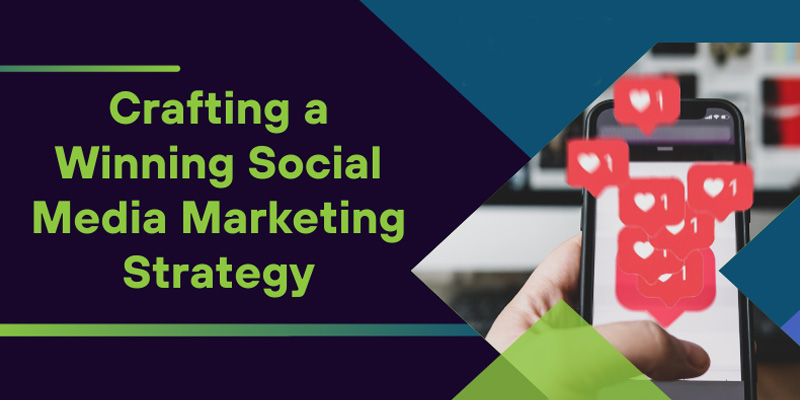
Crafting Your Social Media Marketing involves a meticulous process of strategic planning, content creation, and audience engagement to establish a strong online presence. This methodical approach ensures that businesses and individuals can leverage the full potential of social media platforms to reach and connect with their target audience.
1. Strategic Planning
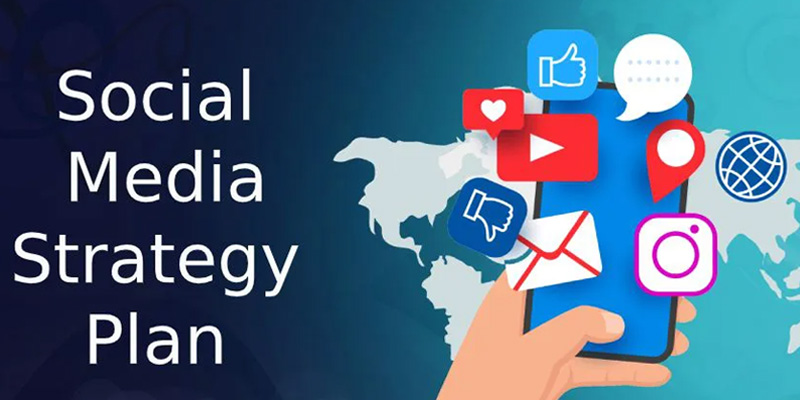
Strategic planning is a fundamental process that lays the groundwork for achieving organizational goals and objectives. It involves the systematic identification of priorities, allocation of resources, and formulation of actionable plans to guide decision-making.
2. Platform Selection
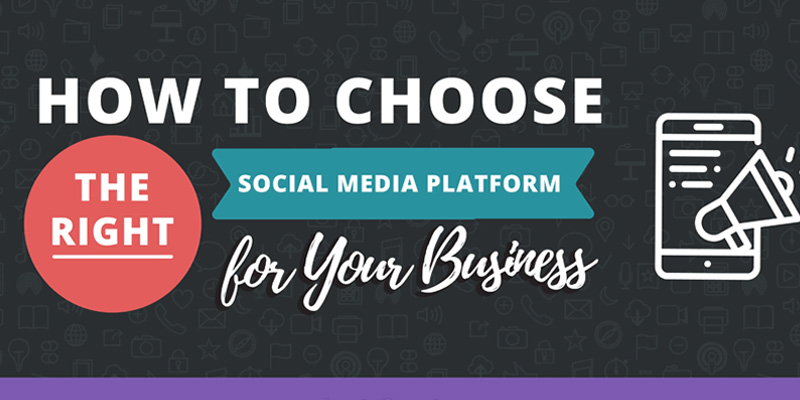
Platform selection in the realm of digital marketing involves choosing the most suitable online channels to reach a target audience effectively. It requires a thoughtful analysis of demographics, user behavior, and content types to align with business goals. Whether it’s social media platforms, advertising channels, or content distribution networks, strategic platform selection is key to maximizing the impact of marketing efforts.
3. Content Creation
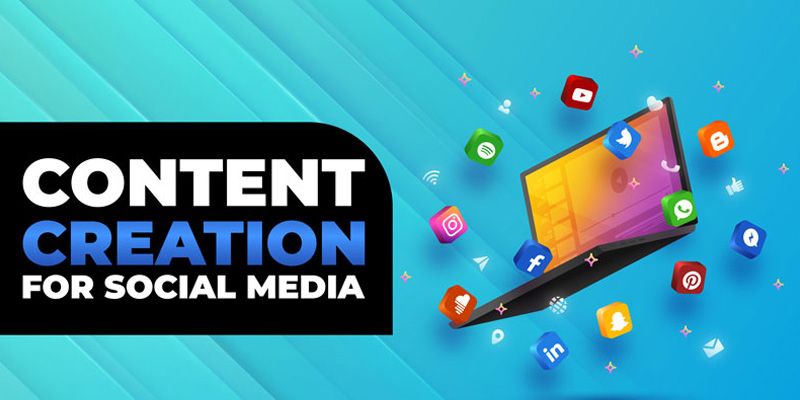
Content creation is the art of crafting compelling and valuable material to engage a specific audience. It involves a strategic blend of creativity, relevance, and consistency to convey messages effectively. Whether in the form of blog posts, videos, or social media content, thoughtful content creation is essential for building brand identity and fostering meaningful connections with the target audience.
4. Audience Engagement

Audience engagement is the dynamic interaction between a brand or content creator and their audience, fostering a sense of community and connection. It goes beyond one-way communication, involving active participation, feedback, and response mechanisms. Successful audience engagement strategies build trust, loyalty, and contribute to the overall impact and effectiveness of digital marketing efforts.
5. Consistent Branding
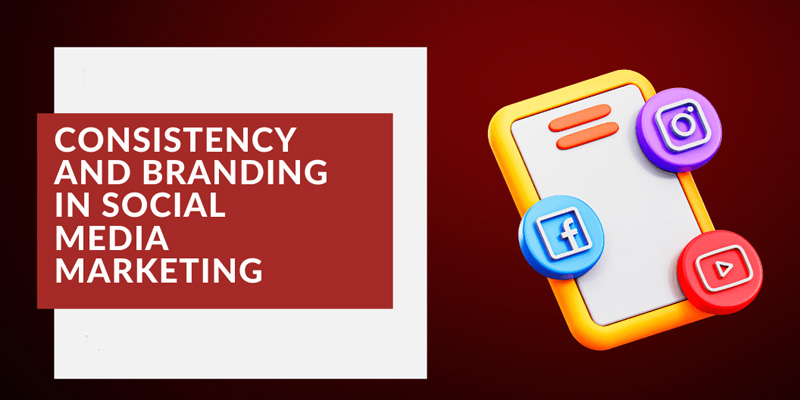
Consistent branding is the deliberate effort to maintain a uniform image and messaging across all brand touchpoints, ensuring a cohesive and recognizable identity. It involves aligning visual elements, tone of voice, and values to create a unified brand experience.
6. Monitoring and Analytics
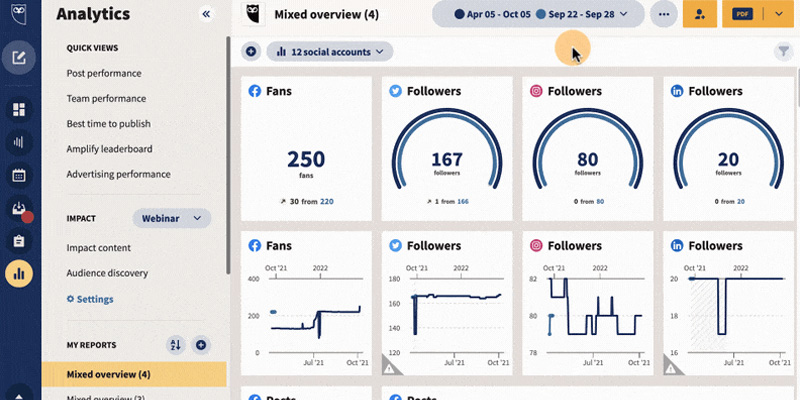
Monitoring and analytics involve the systematic tracking and analysis of data to measure the performance and impact of digital strategies. By utilizing tools and metrics, businesses gain valuable insights into audience behavior, campaign effectiveness, and areas for improvement.
7. Adaptability
Adaptability is the capacity to adjust and thrive in the face of changing circumstances, a crucial trait in the dynamic landscape of business and marketing. In the digital realm, adaptability involves staying responsive to evolving technologies, trends, and consumer behaviors.
8. Timing and Frequency

Timing and frequency in digital marketing refer to the strategic scheduling of content to reach the target audience at optimal moments. It involves identifying peak times when the audience is most active and adjusting posting frequencies accordingly. A well-timed and consistent posting schedule enhances visibility, engagement, and the overall effectiveness of marketing campaigns.
9. Collaborations and Partnerships
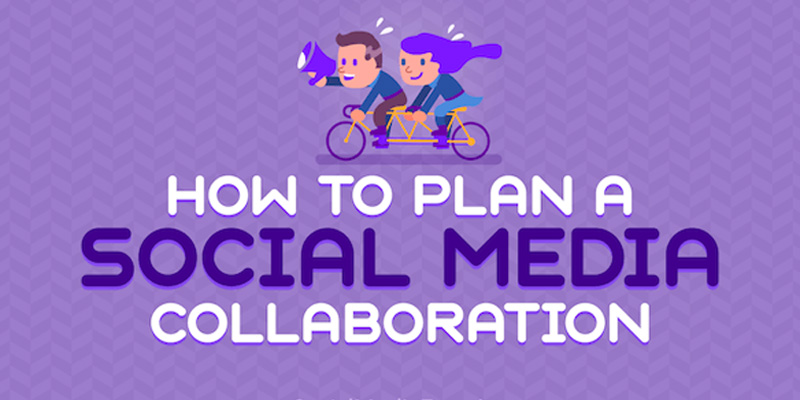
Collaborations and partnerships in business involve joining forces with other entities to achieve mutual goals and maximize collective impact. In digital marketing, collaborations often take the form of influencer partnerships, co-branded content, or joint campaigns, leveraging shared audiences and resources for increased reach.
10. Feedback and Iteration
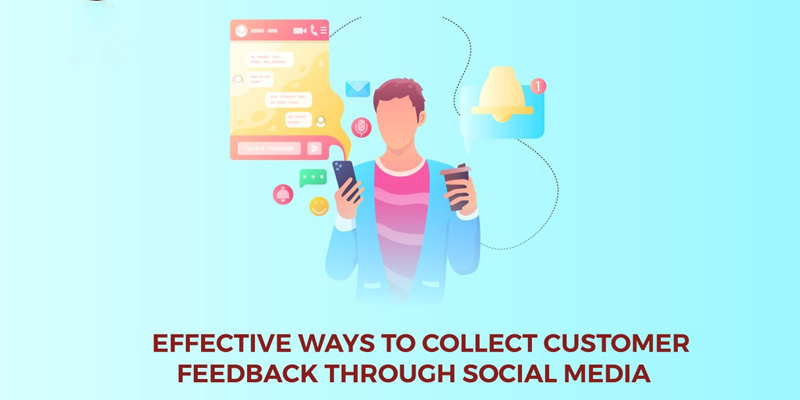
Feedback and iteration are integral components of a successful digital marketing strategy, involving the continuous refinement of approaches based on audience responses. Analyzing feedback from the audience provides valuable insights, enabling marketers to identify strengths, address weaknesses, and adapt strategies for better resonance.
Get A Free Estimate on Website DesignCritical Points to Keep in Mind Before Joining Social Media
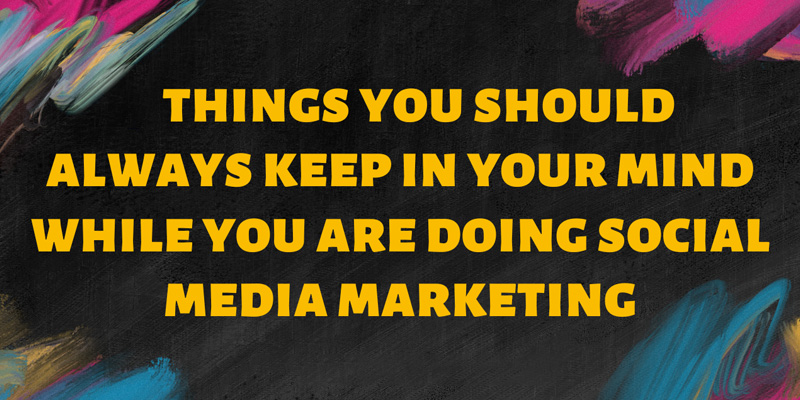
Before joining social media, there are critical points to keep in mind to ensure a thoughtful and strategic approach. First, define your goals and objectives, understanding what you aim to achieve through your social media presence. Research and choose the platforms that align with your target audience and content style. Consider the time commitment required for consistent engagement, and be mindful of the potential for both positive and negative feedback.
1. Define Goals: Clearly outline what you want to achieve through your social media presence.
2. Platform Selection: Research and choose platforms that align with your target audience and content type.
3. Time Commitment: Consider the time needed for regular engagement on social media.
4. Feedback Awareness: Be prepared for both positive and negative feedback from your audience.
5. Brand Identity: Maintain a cohesive brand identity across all chosen social media platforms.
6. Privacy Settings: Familiarize yourself with privacy settings to control your online presence.
7. Authenticity: Prioritize authenticity to build genuine connections with your audience.
8. Content Plan: Have a plan for content creation and posting schedules to ensure consistency.
9. Audience Interaction: Be ready to engage with your audience and respond to comments and messages.
10. Learning Curve: Understand that there is a learning curve, and be open to adapting your strategy based on insights and experiences.
Get A Free Estimate on Website DesignSocial Media’s Impact on Off-Page SEO
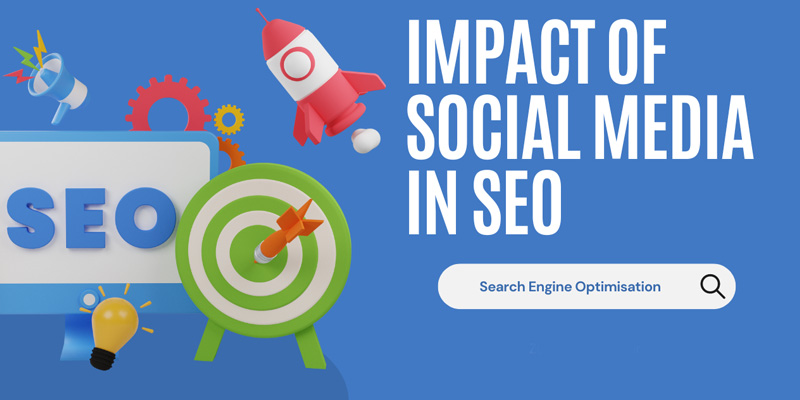
The impact of social media on off-page SEO is undeniable in today’s digital landscape. Social signals, such as likes, shares, and comments on platforms like Facebook, Twitter, and Instagram, play a crucial role in influencing a website’s search engine ranking. When content is widely shared across social media channels, search engines interpret this as a sign of relevance and popularity, contributing positively to the overall SEO performance.
Moreover, social media profiles themselves often rank in search engine results, providing an additional avenue for users to discover and engage with your brand. High-quality, shareable content distributed through social media not only enhances visibility but also increases the likelihood of earning backlinks from reputable sources, another key factor in off-page SEO.
Get A Free Estimate on Website DesignManual and Automated Social Media Approaches
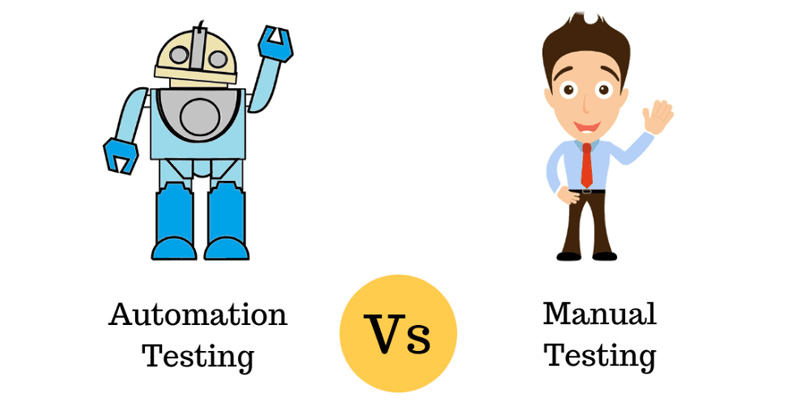
Social media’s impact on off-page SEO involves a combination of manual efforts, where people actively participate, and automatic methods, where tools assist in managing tasks efficiently. Both approaches contribute to building a robust online presence and improving search engine rankings.
Manual Methods
Manual methods involve human effort, where individuals actively engage with social media platforms to share content, build connections, and interact with the audience. This includes tasks like creating and posting content, responding to comments, and managing social media profiles manually.
Automatic Methods

On the other hand, automatic methods, often referred to as automation, involve using tools or software to streamline certain social media tasks. These tools can schedule posts, automate responses, and track metrics without constant manual intervention. While automation can save time and enhance efficiency, it’s important to use it judiciously to maintain authenticity and genuine engagement.
Get A Free Estimate on Website DesignApps for Automatic Social Media Scheduling
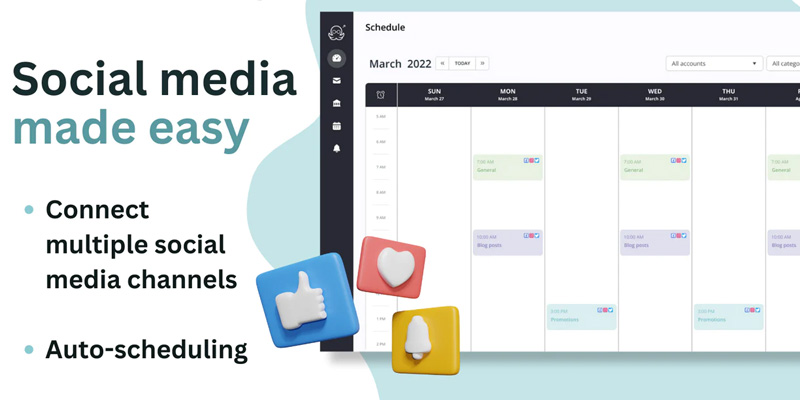
Apps for automatic social media scheduling play a pivotal role in simplifying the complex task of managing multiple platforms efficiently. These applications, such as Buffer, ContentStudio, Hootsuite, BuzzSumo, Sprout Social, CoSchedule, etc. By automating the posting process, businesses and individuals can save time, maintain a regular posting schedule, and reach their audience at optimal times for engagement.
Buffer
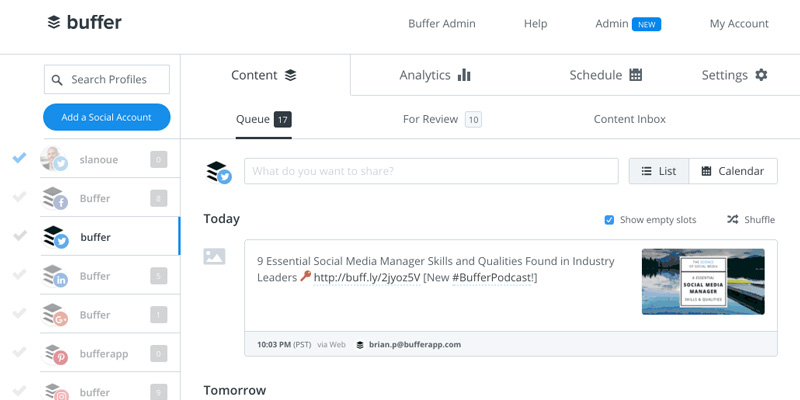
Buffer stands out as a prominent social media management tool, offering users a seamless platform for scheduling, publishing, and analyzing content across various social media channels. With its intuitive interface and user-friendly features, Buffer simplifies the process of managing multiple profiles, ensuring a consistent and well-timed online presence. This tool is particularly beneficial for businesses and individuals aiming to streamline their social media workflow, track engagement, and schedule posts efficiently. For more details on how Buffer can enhance your social media management, you can visit their official website at buffer.com.
ContentStudio
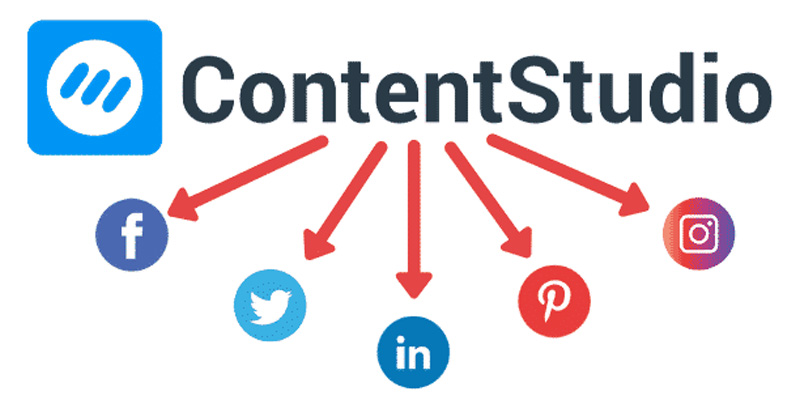
ContentStudio is a versatile content marketing and social media management platform designed to streamline and amplify your digital presence. Offering a comprehensive suite of tools, ContentStudio allows users to discover trending content, plan and schedule posts, and collaborate seamlessly with team members. Its robust features include content curation, automation of social media posting, and in-depth analytics to track the performance of campaigns.Explore the capabilities of ContentStudio by visiting their official website: https://contentstudio.io/.
Hootsuite
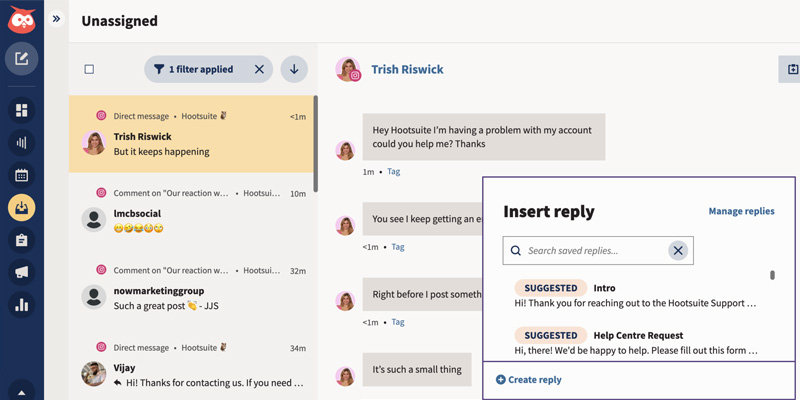
Hootsuite stands as a leading social media management platform, providing users with a robust set of tools to streamline and optimize their online presence. This versatile platform allows individuals and businesses to schedule posts across various social media channels, monitor engagement, and analyze performance metrics from a centralized dashboard.To explore Hootsuite’s features and capabilities, you can visit their official page at https://www.hootsuite.com/.
Buzzsumo
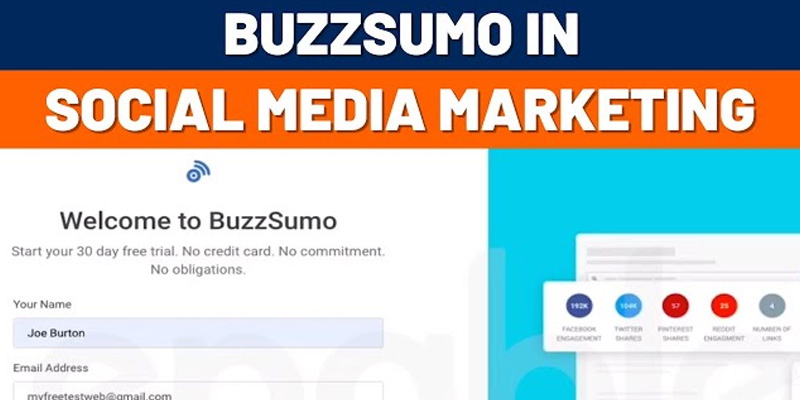
BuzzSumo is an invaluable tool for content marketers and social media enthusiasts, offering a comprehensive suite of features to enhance content discovery and strategy. This platform allows users to identify trending topics, find popular content, and analyze the performance of specific keywords across various social media platforms. With its advanced search functionalities and detailed insights, BuzzSumo enables users to create engaging and shareable content tailored to their target audience. To unlock the potential of BuzzSumo and elevate your content marketing efforts, you can visit their official website at https://buzzsumo.com/.
Sprout Social
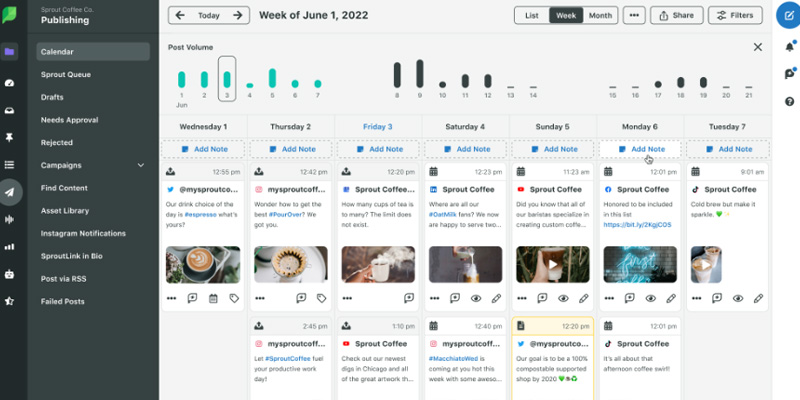
Sprout Social is a robust social media management platform designed to empower businesses and individuals in cultivating a strong online presence. With its comprehensive set of features, Sprout Social offers tools for content scheduling, audience engagement, and social analytics, all within a unified and user-friendly interface. To explore the capabilities of Sprout Social and enhance your social media strategy, you can visit their official website at https://sproutsocial.com/.
CoSchedule
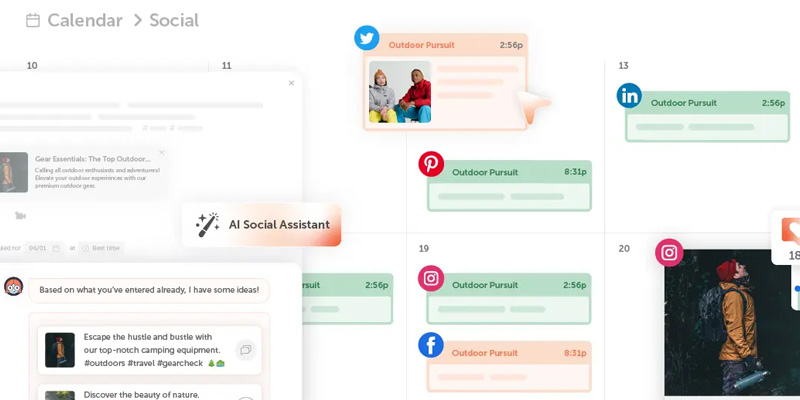
CoSchedule is a comprehensive marketing platform that goes beyond traditional social media management. It serves as a centralized hub for planning, organizing, and executing various aspects of marketing campaigns, making it a valuable tool for businesses and marketers. With CoSchedule, users can schedule and automate social media posts, collaborate with team members, manage content calendars, and even integrate with other marketing tools for a seamless workflow. To explore how CoSchedule can enhance your marketing endeavors, you can visit their official website at https://coschedule.com/.
Get A Free Estimate on Website DesignExploring Diverse Social Media Platforms
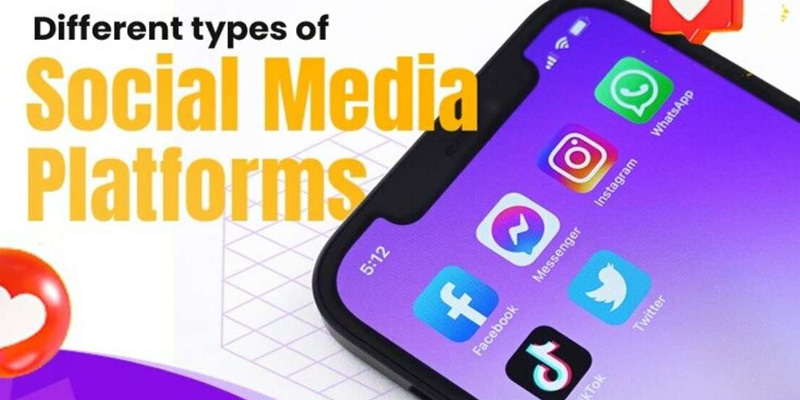
Social media is widespread across various platforms, providing diverse spaces for people to connect and share content. Instagram, Facebook, X(Twitter), Tiktok, YouTube, Google, Linkedin and Pinterest stand out as major players in this digital realm, each offering unique features and catering to different preferences.
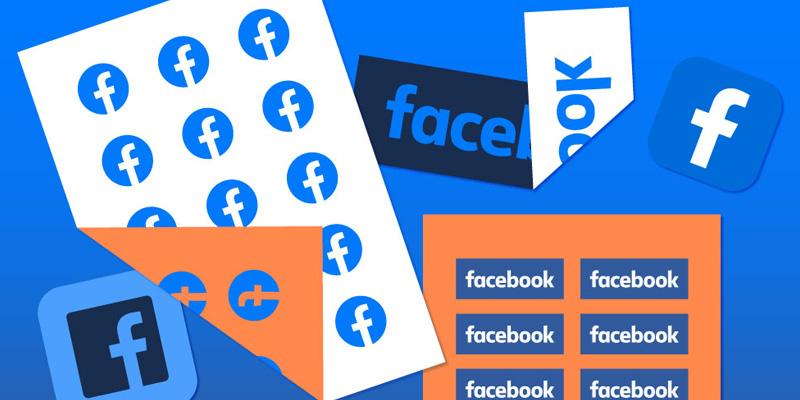
Facebook, one of the most prominent social media platforms, serves as a comprehensive online space for connecting with friends, family, and businesses. With its diverse features including personal profiles, pages, groups, and a robust content-sharing mechanism, Facebook enables users to share moments, updates, and engage in discussions. As a versatile platform, it caters to various communication styles, making it a hub for social interaction, content discovery, and community building on a global scale.
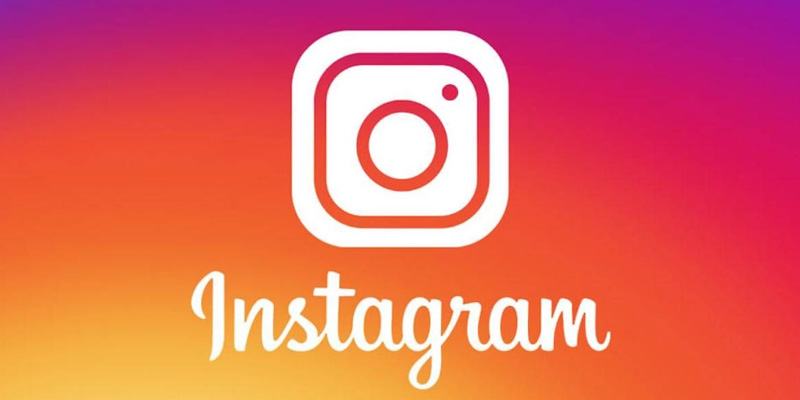
Instagram, a visually-centric social media platform, has become a cultural powerhouse for sharing moments and creative expressions. Focused on photo and video sharing, it allows users to curate visually appealing content through their profiles and stories. With features like filters, IGTV, and reels, Instagram provides a dynamic space for individuals, influencers, and businesses to showcase their personality, products, and narratives.
X (Twitter)
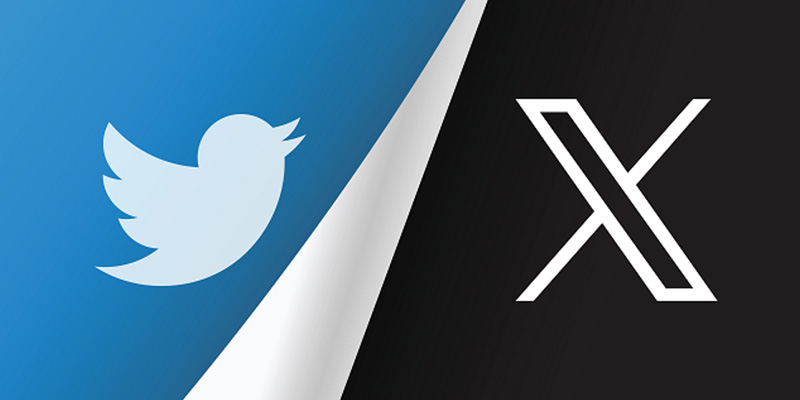
X (Twitter), often referred to as the microblogging giant, stands as a real-time communication platform that revolutionized social media with its character-limited posts known as tweets. This platform has become a global hub for quick updates, news dissemination, and diverse conversations. With its concise format, users engage in real-time discussions, share thoughts, and follow trending topics, fostering a unique environment for rapid information exchange and connecting people from all walks of life.
TikTok
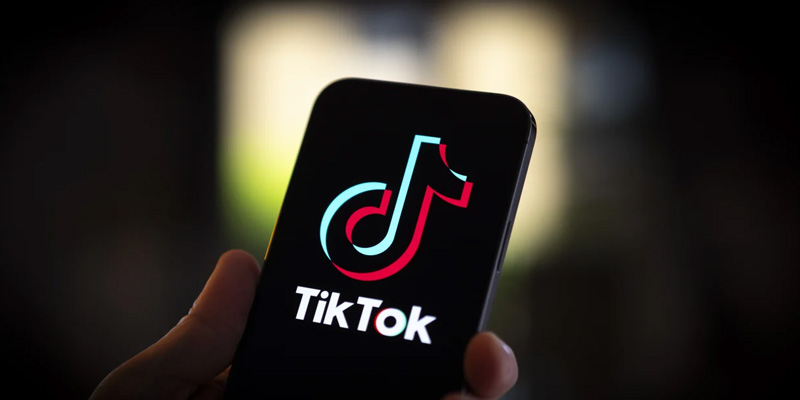
TikTok, a social media sensation, has redefined the landscape of short-form video content. Known for its creative and entertaining user-generated videos, TikTok offers a platform for users to showcase their talents, share trends, and engage in viral challenges. With its user-friendly interface and innovative editing tools, TikTok has rapidly gained popularity, especially among younger audiences, contributing to a global community of content creators who thrive on its dynamic and visually engaging format.
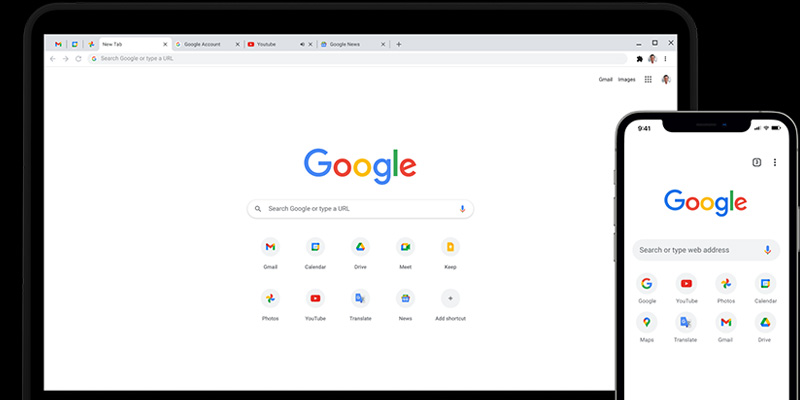
Google, a global technology giant, is more than just a search engine; it encompasses a suite of tools and services that have become integral to our digital lives. From the widely used search engine to email services like Gmail, collaborative tools like Google Drive, and communication platforms such as Google Meet, Google plays a multifaceted role in connecting people and information. Its commitment to innovation and user-friendly interfaces has solidified its position as a go-to resource for personal and professional needs, making it a cornerstone of the online experience.
YouTube
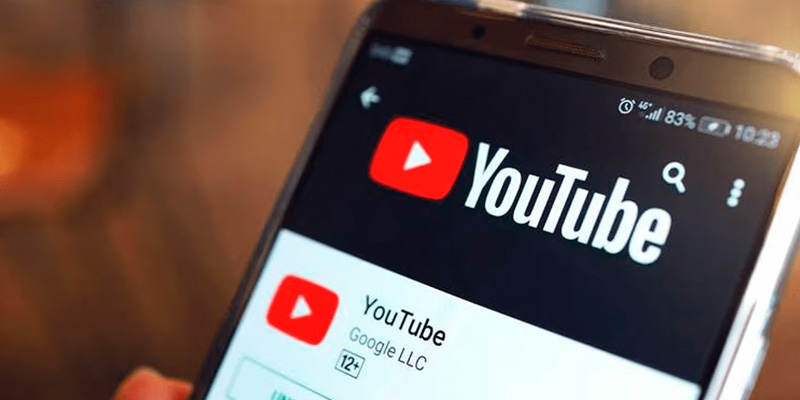
YouTube, the world’s largest video-sharing platform, has transformed the way people consume and share content. As a hub for a vast array of videos, from educational tutorials to entertainment and music, YouTube provides a space for creators to reach global audiences. Its features like channels, subscriptions, and personalized recommendations offer users a curated experience. With the ability to host diverse content types and facilitate interactive engagement through comments and likes, YouTube has become an essential platform for both content creators and audiences worldwide.
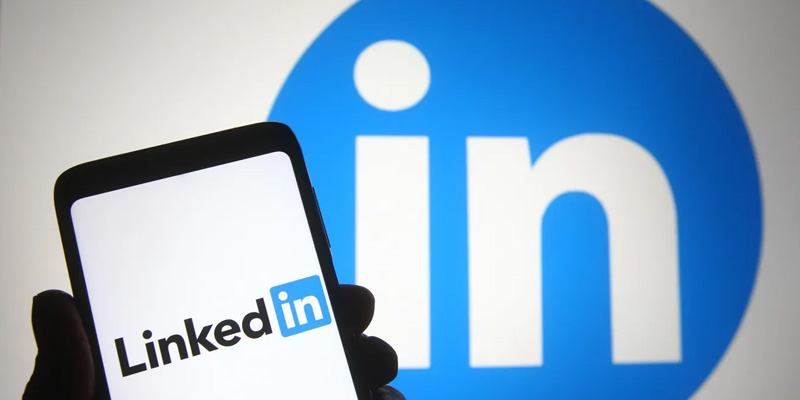
LinkedIn, recognized as the leading professional networking platform, serves as a virtual space for career development, networking, and industry engagement. Tailored for professionals, businesses, and job seekers, LinkedIn allows users to showcase their professional profiles, connect with colleagues and peers, and access industry-specific content. With features like job postings, endorsements, and groups, LinkedIn fosters meaningful connections within the professional community, making it an essential platform for career growth, knowledge sharing, and business networking on a global scale.
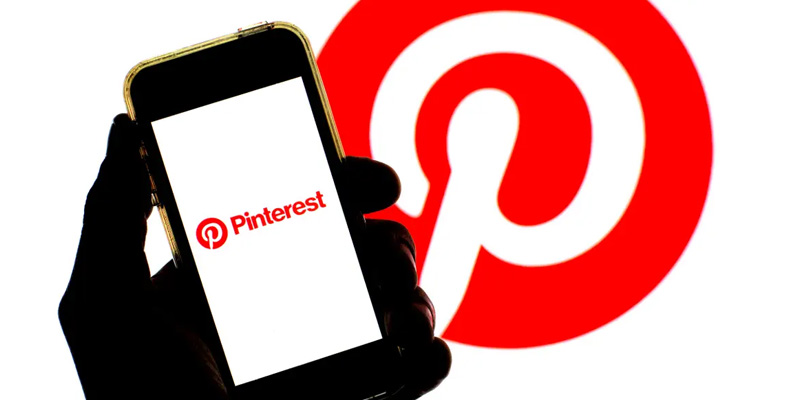
Pinterest, a unique visual discovery platform, stands out as a digital space where users explore and curate inspiration for various interests. Focused on the concept of virtual pinboards, Pinterest allows individuals to discover and save creative ideas, images, and content. With its emphasis on visual storytelling and user-generated content, Pinterest serves as a dynamic platform for users to gather and share ideas related to fashion, home decor, recipes, and more. Its visually engaging interface makes it a go-to platform for those seeking inspiration and creativity in a diverse range of topics.
Get A Free Estimate on Website DesignSocial Media Marketing Courses at Our Software House

Embarking on a journey to digital success, Our Software House offers comprehensive Social Media Marketing courses. These courses are designed to equip individuals with the essential skills needed to navigate the dynamic landscape of social media. From understanding platform algorithms to crafting engaging content and leveraging analytics, participants gain valuable insights and practical knowledge to enhance their digital marketing prowess. With a focus on real-world applications, Our Software House ensures that learners are well-prepared to harness the power of social media for effective brand promotion and audience engagement.
Why Choose Our Software House for Courses
Practical Insights: Our courses provide hands-on experience, allowing participants to apply concepts in real-world scenarios.
Latest Trends: Stay ahead in the digital realm by learning about the latest trends and strategies in social media marketing.
Interactive Learning: Engage in interactive sessions and discussions to foster a deeper understanding of the course material.
Expert Instructors: Benefit from the expertise of experienced instructors who bring industry knowledge and insights to the classroom.
Tailored Curriculum: The curriculum is designed to meet the diverse needs of learners, whether beginners or those looking to enhance their existing skills.


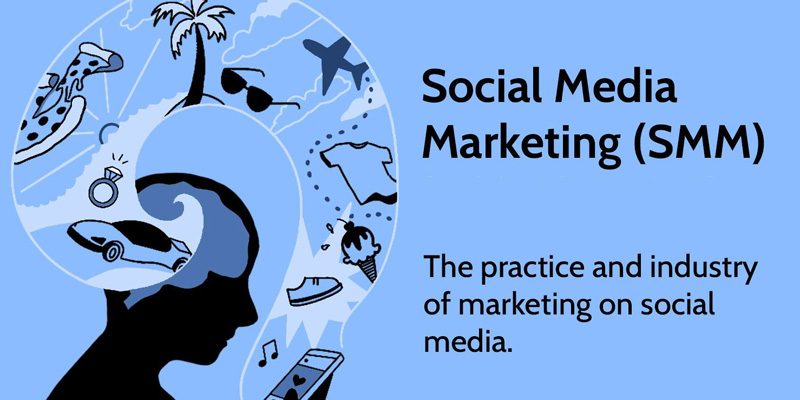




 i am Ahsan.
i am Ahsan.
Leave a Reply